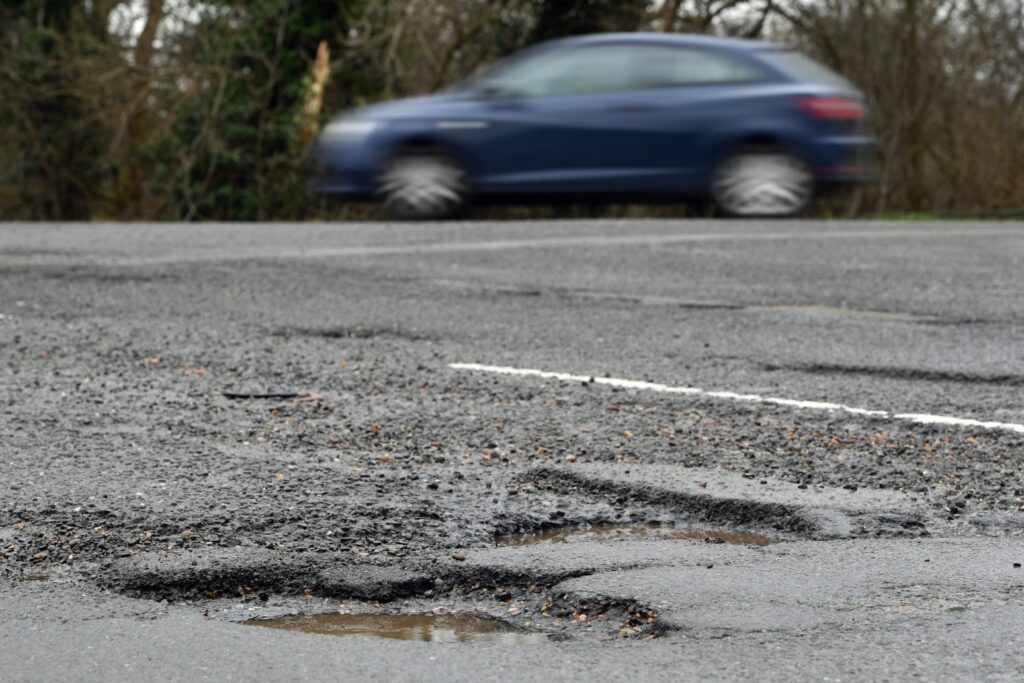This website uses cookies so that we can provide you with the best user experience possible. Cookie information is stored in your browser and performs functions such as recognising you when you return to our website and helping our team to understand which sections of the website you find most interesting and useful.
Pharmacies to treat seven common conditions
31/01/2024

Patients can now get treatment for seven common conditions without needing to see a GP under a shake-up of pharmacy services.
From Wednesday, thousands of pharmacists across England will be able to assess and treat patients for sinusitis, sore throat, earache, infected insect bites, impetigo, shingles and uncomplicated urinary tract infections in women under 65, without the need for a GP appointment or prescription.
NHS England said more than nine in 10 community pharmacies in England – 10,265 in total – will be offering the checks under the Pharmacy First scheme.
The move is intended to give people more places to get the care they need, freeing up 10 million GP appointments a year.
Pharmacies will receive an initial fixed payment of £2,000 each for providing the scheme, plus £15 per consultation and a monthly fixed payment of £1,000 if they do a minimum number of consultations.
NHS chief executive Amanda Pritchard said: “GPs are already treating millions more people every month than before the pandemic, but, with an ageing population and growing demand, we know the NHS needs to give people more choice and make accessing care as easy as possible.
“People across England rightly value the support they receive from their high street pharmacist, and, with eight in 10 living within a 20-minute walk of a pharmacy and twice as many pharmacies in areas of deprivation, they are the perfect spot to offer people convenient care for common conditions.”
Prime Minister Rishi Sunak said: “Community pharmacies already do a tremendous job at treating minor conditions, and with the Pharmacy First service – backed by £645 million – we’re determined to go further and unlock their full potential to deliver routine care.
“Patients who need treatment or prescription medication for common conditions like an earache will now be able to get it directly from a pharmacy, without a GP appointment.
“This is about ensuring people get the treatment they need closer to home, while crucially helping deliver on our plan to cut waiting lists, by freeing up 10 million GP appointments a year, so people get the care they need more quickly.”
Dr Leyla Hannbeck, chief executive of the Association of Independent Multiple Pharmacies, welcomed the move but warned that pharmacies are “severely underfunded to the tune of £1.2 billion now and as a direct result of that are reducing opening hours and even closing completely”.
She added: “This nonsense cannot go on and this stranglehold of chronic underfunding must be relieved now to ensure our community pharmacies continue to exist and can deliver to the potential the Government is expecting.”
Asked about the concerns, Health Minister Dame Andrea Leadsom told Times Radio: “We obviously keep a very close eye on pharmacies opening and closing, and many do open as well as close – there have been a net reduction, but not a huge one.
“Four in five of us live within a 20-minute walk of a pharmacy and in the more deprived areas there are twice as many pharmacies, so we are very well-served.
“They are private businesses, but the department does keep a close eye on them.
“And of course we do provide them each year with a significant sum of NHS money, which is £2.6 billion per year, and we’re about to start negotiations for the ’24/25 contract.”
Paul Rees, chief executive of the National Pharmacy Association, said the scheme will “play to the strengths of pharmacists as medicines experts” and free up GPs for other work.
“Patients will get convenient clinical advice, close to where they live, work and shop,” he added.
“The pharmacy sector is under great pressure but, despite this, pharmacy teams will step up and successfully deliver this highly beneficial service.
“This could be a stepping stone to the development of other NHS clinical services in the future, as patients become familiar with going to their local pharmacy for primary care.”
Dame Andrea told Sky News the initiative will allow GPs to focus on the most complex cases.
She said it will also “increase footfall through the pharmacy sector”, adding: “What we’re seeing, as the UK Government, is a thriving sector that can do more to work to the top of their training.”
Published: by Radio NewsHub



